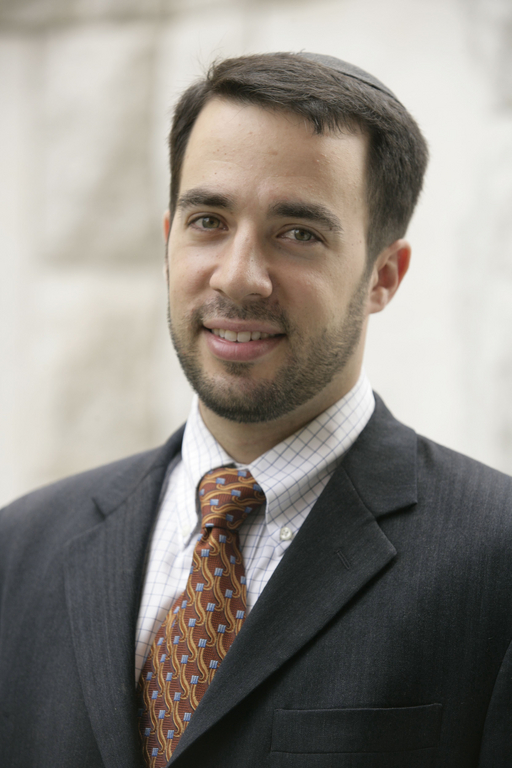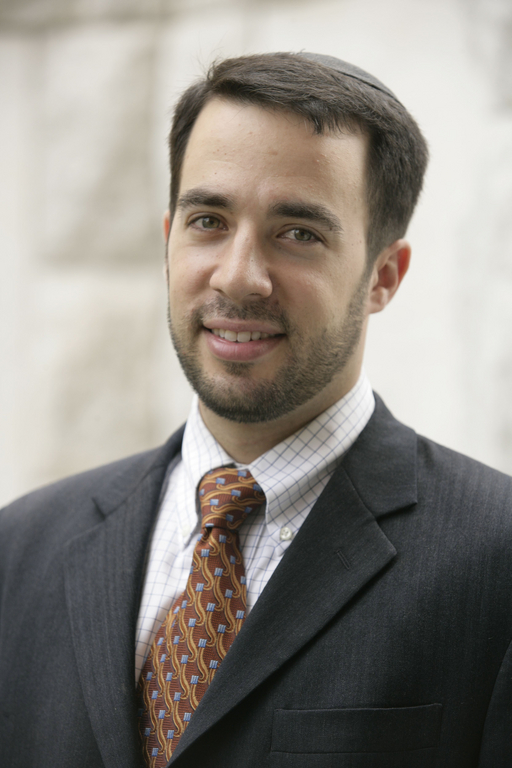Torah Columns
1861 results total, viewing 1661 - 1670
|
From the Heart of Jerusalem: The story of Joseph: lesson for today’s struggle with strife and terror
Very few stories in the Torah are more tragic than the story of Joseph and his brothers.
It begins, seemingly, with an innocent gift, a demonstration of a father’s love for his beloved child. But when Yaakov bestows the magnificent striped coat on his son Joseph, the ten brothers aren’t so filled with love. Favoritism, jealousy, behaviors far from ideal are brewing, resulting in a moment of tragedy 4,000 years ago that the Jewish people are still struggling to undo.
more
By Rabbi Binny Freedman
|
12/15/11
|
|
A poignant Midrash in Ruth Rabba (5:6) argues that had Reuven, Aharon and Boaz known that certain minor kindnesses they performed would be recorded in the Bible for posterity, they might have done things differently.
more
By Rabbi Avi Billet
|
12/15/11
|
|
Prince Charming doesn’t always find Cinderella, and stories do not always have ‘happy’ endings, as most of us learn the hard way. I remember once, after a harried chase, catching a masked Arab who had been heaving rocks and cinderblocks at an IDF position in Hebron.
more
By Rabbi Binny Freedman
|
12/8/11
|
|
Rav Saadiah Gaon was one of the greatest of the Babylonian gaonim. His approach to Torah study was direct and to the point: Analyze the verse on its own terms based upon the actual language presented therein. In other words, instead of approaching the verse with pre-conceived ideas that will most likely determine its interpretative outcome, examine it in its most pristine form.
more
By Rabbi David Etengoff
|
12/8/11
|
|
Towards the end of the conversation Yaakov has with Eisav about their future, Yaakov’s final insistence that he cannot accompany Eisav to Seir puts the blame where most of us might put it.
more
By Rabbi Avi Billet
|
12/8/11
|
|
There is war, and then there is madness. In war, one often has to fight, but when madness sets in, sometimes, perhaps one simply has to run. Such was the question on that dark October afternoon in 1973, when the quiet beauty and desolation of the Suez Canal was ruptured by the roar of an entire army crossing the water, bent on bloodshed.
more
By Rabbi Binny Freedman
|
12/1/11
|
|
The Torah never addresses when a newborn is to be named. Just about every Biblical figure introduced at birth is named right away. This would not come as much of a shock in a pre-Avraham and pre-bris era. But the fact that Yitzchak, Yaakov, Eisav, and all of Yaakov’s sons (perhaps with the exception of Binyamin’s second name) are named the moment they are born (or so it seems) stands to leave open the idea that in Biblical times, boys were named before the bris.
more
By Rabbi Avi Billet
|
12/1/11
|
|
Once, in the midst of a class, I noticed a student’s eyes begin to water. We were having a discussion about identity, and how we tap in to who we really are. In tears, he explained how he had arrived at Isralight in Jerusalem. He had been a concert violinist with enormous potential, until in a tragic freak accident; he got his hand caught in a car door. After all the hospital care and operations, his hand was left partially paralyzed, and his career in music was over. And he realized, with panic, that he had no idea who he was any more. Whenever anyone would ask ‘what do you do?’ his response had always been: “I’m a violinist.” But that was no longer true. So who was he?
more
By Rabbi Binny Freedman
|
11/23/11
|
|
This may seem trivial. And to be honest, I may be completely wrong. But I can’t help thinking there’s something deeper behind the names Avraham and Yitzchak seem to give to the city where they each forge a treaty with Avimelech.
more
By Rabbi Avi Billet
|
11/23/11
|
|
The land of Egypt has always loomed large in the history of our nation. In fact, the word “Mitzraim” appears 680 times in Tanach. In the main, our people’s relationship with this land has been a negative one.
more
By Rabbi David Etengoff
|
11/23/11
|

 39.0°,
Fair
39.0°,
Fair 


